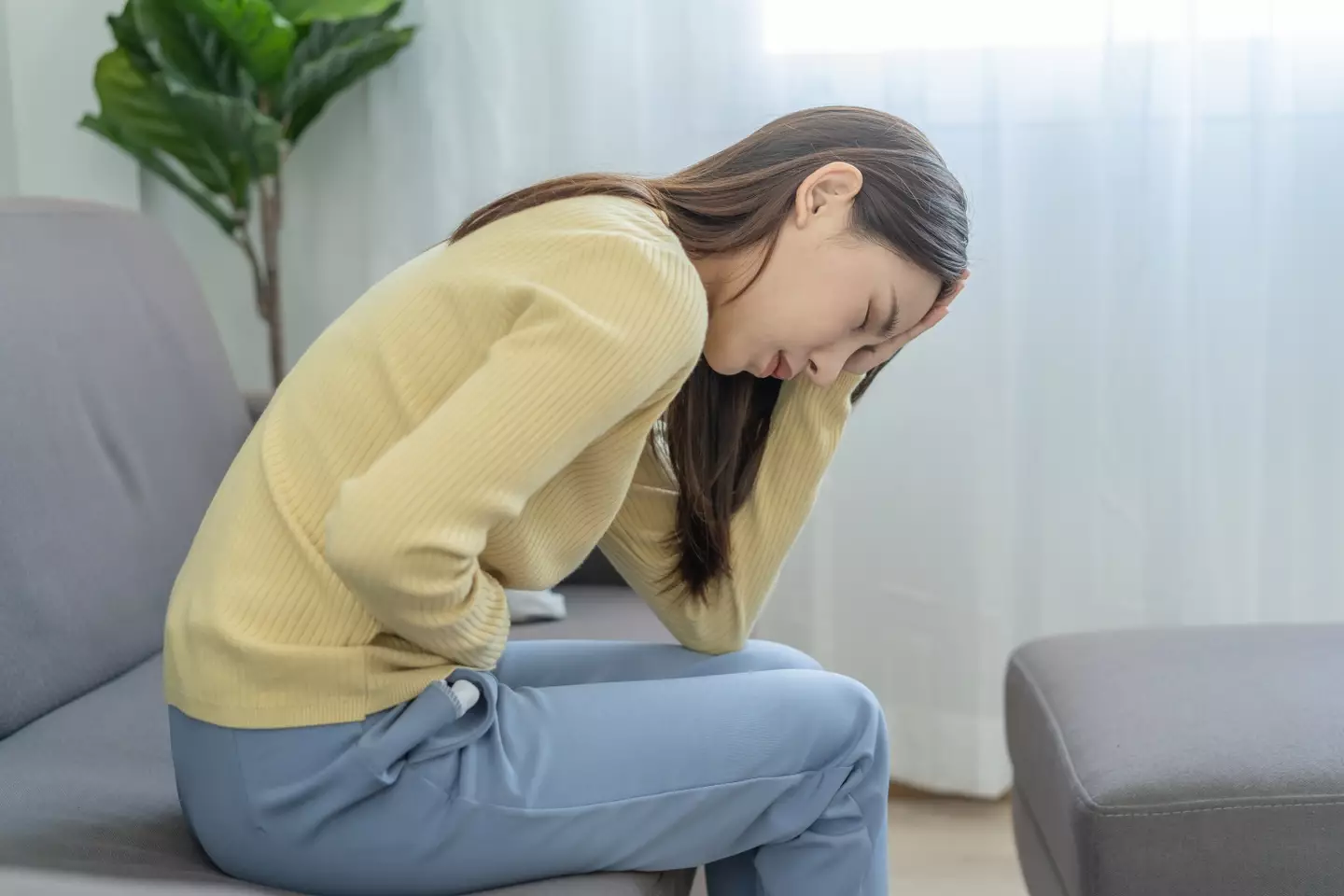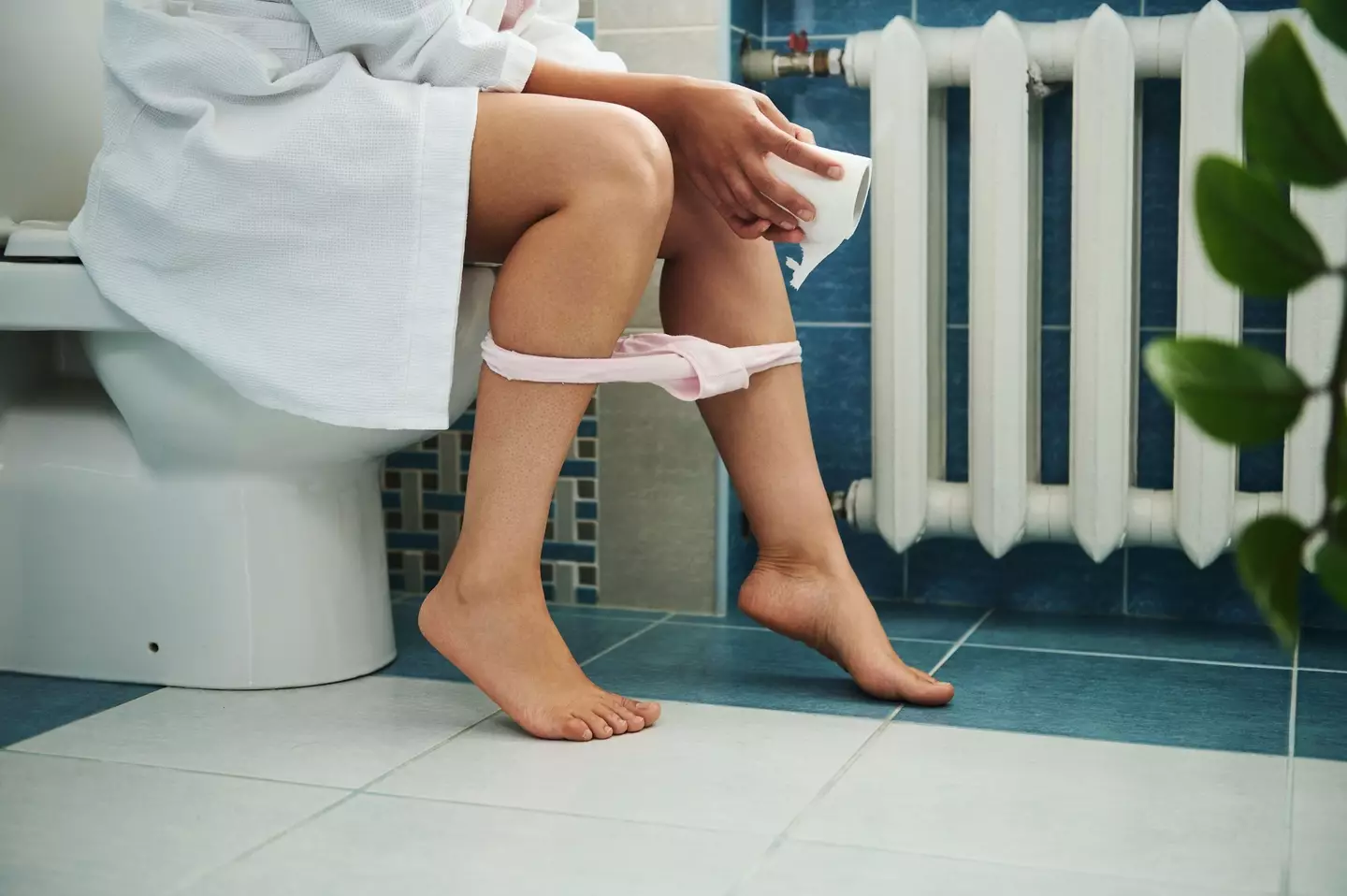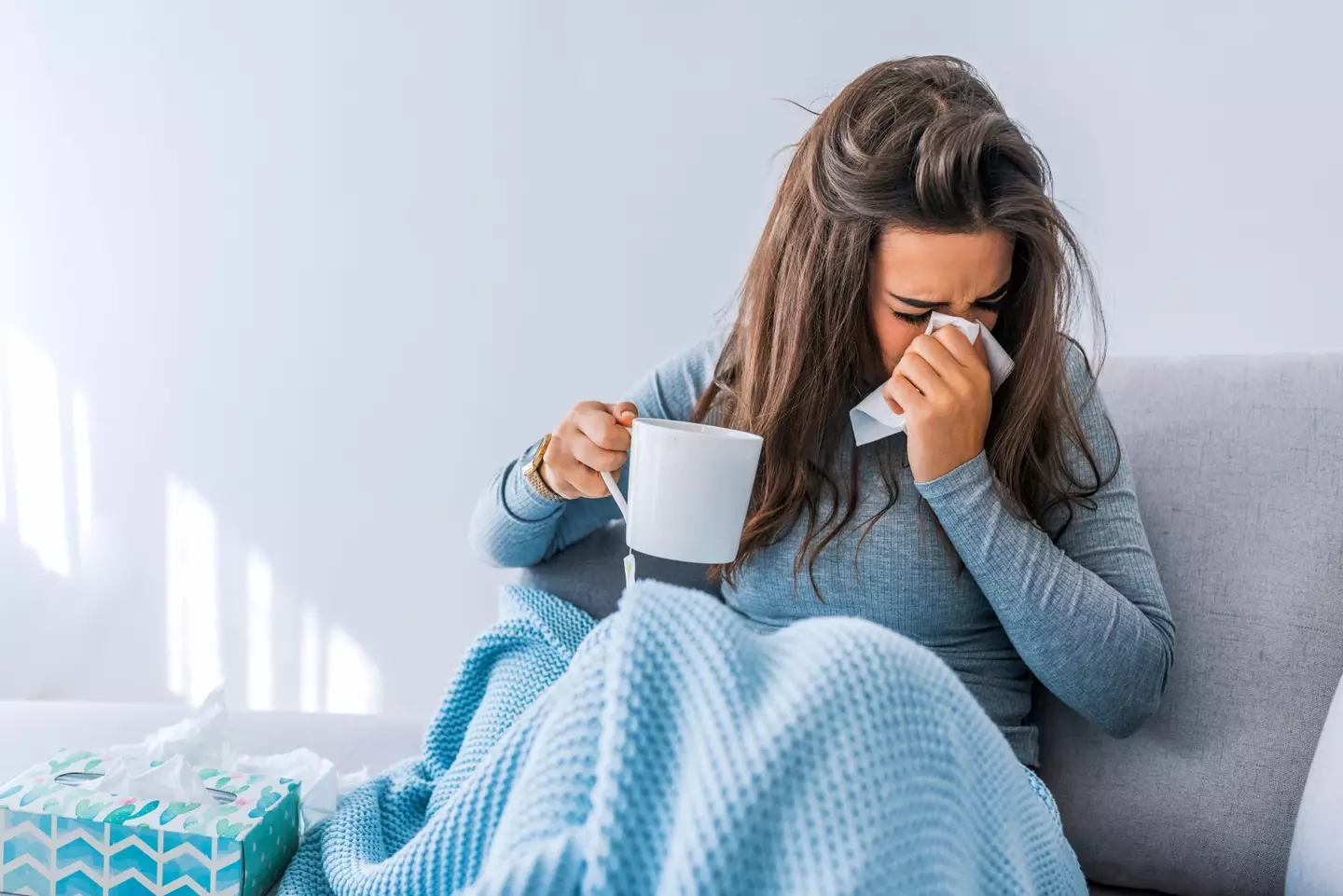
From a fever, to loss of taste and smell, a runny nose and a sore throat, the list of covid symptoms seems to increase with every new variant.
But one symptom of covid you may not have heard of has a lot to do with your toilet habits.
Yep, diarrhoea has been listed by Centers for Disease Control and Prevention as well as the ZOE Covid Study, which explained: "Data from millions of ZOE COVID Symptom Study app contributors has shown that diarrhoea can be a symptom of COVID-19.

"Diarrhoea caused by COVID-19 is similar to the upset tummy you might get from a regular stomach bug, such as rotavirus or norovirus. Diarrhoea is common in children and adults and usually clears up by itself.
"We think COVID-19 causes diarrhoea because the virus can invade cells in the gut and disrupt its normal function."
Experts went on to explain that covid can be transmitted through faeces so it's crucial to wash your hands thoroughly and regularly clean the bathroom if you or someone in your household has diarrhoea.

According to the CDC, other symptoms of covid include: Fever or chills; a cough; shortness of breath or difficulty breathing; fatigue; muscle or body aches; a headache; a new loss of taste or smell; a sore throat; congestion or runny nose and nausea or vomiting.
Earlier this week, we told you how people were reporting a rash to be a new symptom of the Omicron variant of covid.
Some people suffering from Omicron are also reporting two types of rash - one, reported to be similar to prickly heat, appears to be itchy and bumpy, while the other is reported to be similar to hives.

Dr Gareth Nye said: "Rashes are quite common when the body fights an infection so it's not surprising [people are experiencing them].
"Hives is commonly caused by viral infections as your body tries to get on top of it, these rashes are quite itchy with red spots with a white middle. It's likely due to the chemicals the immune system sends out aggravating the under layers of skin.
"Younger people were experiencing itchy skin issues as far back as June 2020 so pre-Omicron. It's important to always check your rash for meningitis and call NHS 111 if you are unsure."
Featured Image Credit: Shutterstock